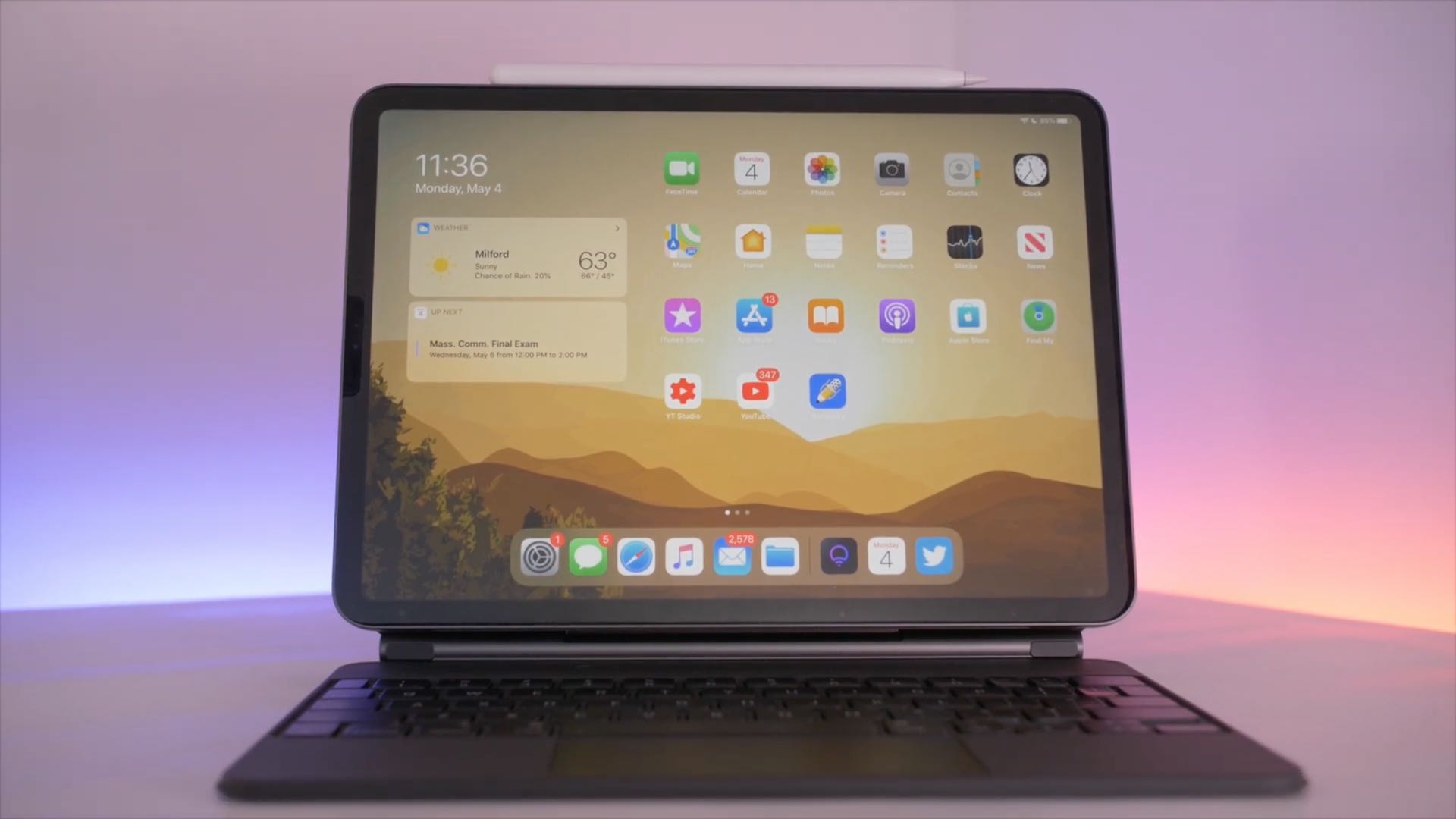The Epic Games vs. Apple trial is still going, and there are still some details surfacing. Especially when it comes to Apple trying to make sure the judge does things that are helpful for its cause.
Apple has submitted a filing that requests the judge overseeing the trial to reach a ruling on Epic’s statement that Apple’s iOS is an “essential facility” (via 9to5Mac). Apple is arguing that Epic Games hasn’t provided any evidence to support its argument that the mobile operating system is an essential facility, and, as a result, Apple says a judgement should be ruled in its favor.
Apple argues two points. One, that operating systems that are protected by patent and copyright laws cannot be essential facilities.

Here’s how Apple puts it in the filing:
Epic’s own expert thus refused to equate iOS with a public utility, and therefore conceded the predicate of Epic’s essential facility claim.
A proprietary operating system encompassing features and functionalities protected by patent, copyright, and other intellectual property laws cannot constitute an essential facility. Intellectual property is protected by a discrete legal regime, which gives the owner the power to exclude others from using or profiting from the owner’s intellectual property.
And then, Apple argues that Fortnite, the mega-popular battle royale game was popular before it launch on iOS.
Epic’s own experience, as established by the trial evidence, confirms that there is nothing “essential” about iOS. Fortnite was a success before it was made available on the App Store, Trial Tr. 1337:19–21 (Weissinger), and Fortnite’s revenues from iOS (prior to its removal) accounted for just 7% of its total revenue, DX-4766.
And as an added bonus, Apple says that if Epic Games would simply go back to following the terms and conditions laid out for the App Store, then Fortnite could return to the digital storefront:
There is no dispute that Epic actually has access to iOS. Epic, like all other developers, may obtain “access to the tools and permissions for writing iOS apps,” and may distribute those apps through iOS, by agreeing to the DPLA. Ex. Expert 1 ¶ 100 (Evans). And Epic clearly did (prior to Project Liberty) distribute its apps through iOS and the App Store. So do millions of other developers.
The judge hasn’t made a ruling on this quite yet, but the result will certainly be interesting to see.